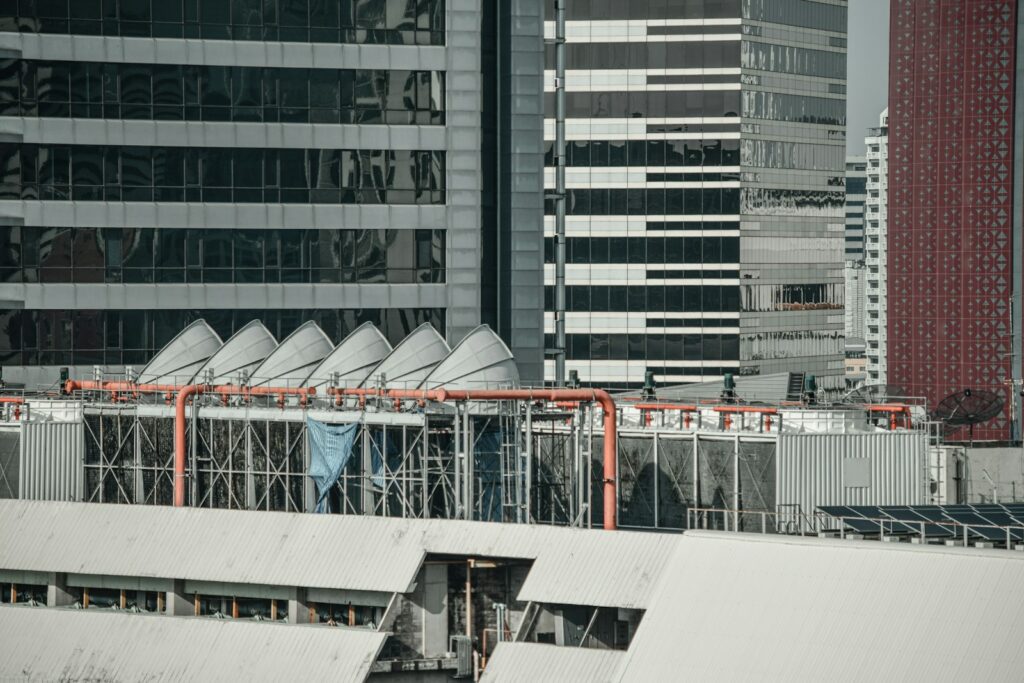Maintaining your HVAC system’s efficiency and length of life is crucial for ensuring a comfortable living or working environment. Regular servicing plays a pivotal role in this process, helping to identify potential issues before they escalate into costly repairs.
However, the frequency of these maintenance checks often leads to confusion among homeowners and facility managers alike.
For your peace of mind, scheduling HVAC and plumbing services in Post Falls, ID, at least once a year keeps your system running smoothly and efficiently.
Annually
Annual servicing of HVAC systems is not merely a recommended practice; it is a critical component in extending the lifespan and efficiency of your unit. During these yearly check-ups, experienced technicians conduct comprehensive evaluations and cleanings, addressing everything from air filters and ducts to motors and electrical connections.
This proactive maintenance ensures your system operates at peak efficiency, minimizing energy consumption and lowering utility bills. Furthermore, by identifying and rectifying minor issues early, homeowners can avoid major breakdowns that often result in expensive repairs or the need for premature replacement.
Ultimately, investing in yearly servicing safeguards your comfort enhances indoor air quality, and secures the value of your HVAC investment.
Spring
Spring presents an ideal time for cooling systems’ maintenance due to moderate temperatures and lower humidity levels. These conditions create a perfect condition not only for a thorough check-up but also for optimizing the system’s performance before the high-demand summer months.
Scheduling your cooling system’s service during this season ensures that all components, including coils, refrigerants, and air filters, are in top-notch condition, maximizing efficiency and reducing the risk of unpredictable breakdowns during the peak of summer heat.
For homeowners, taking preemptive action with their HVAC system in spring translates into significant benefits. It helps achieve consistent cooling throughout the house, improves the system’s energy efficiency, and extends the equipment’s lifespan, ultimately saving money on emergency repairs and energy costs.
Plus, ensuring the system is clean and well-maintained enhances indoor air quality, creating a healthier living environment. Therefore, spring maintenance is crucial in preparing your HVAC system for the upcoming seasons, guaranteeing comfort, efficiency, and peace of mind.
Fall
Similarly to the spring maintenance schedule for cooling systems, fall is the ideal time to address the heating elements of your HVAC system. This period allows homeowners to prepare their heating systems for the cold winter months ahead.
During a fall maintenance check, technicians inspect the furnace, heat pump, or boiler, ensuring that each component functions efficiently and safely. They inspect for any signs of wear and tear, test the system’s safety controls, and confirm that the heating system can deliver consistent, comfortable heat throughout the colder seasons.
This proactive approach to fall maintenance has numerous benefits for the homeowner. It ensures that heating systems run at peak efficiency, reducing the risk of a mid-winter breakdown and significantly lowering energy consumption.
A well-maintained heating system requires less energy to heat a home comfortably, which translates into lower monthly utility bills. Additionally, identifying and resolving minor issues during these check-ups can prevent costly future repairs and extend the lifespan of the HVAC system.
Survey Finds Americans Traveling More, Spending Less in 2023(Opens in a new browser tab)
Winter
For homeowners with commercial-grade systems or those responsible for commercial properties, these maintenance checks are crucial in preventing heating disruptions that could impact not only comfort but also the well-being of occupants and potential business operations.
During a winter check, technicians assess the system’s ability to handle increased heating demands and inspect components that are more prone to stress during cold weather.
This not only enhances the reliability of the heating system but also contributes to a more effective and efficient operation, reducing heating costs and extending the system’s longevity. Timely winter checks help maintain an optimal indoor climate while safeguarding against unexpected breakdowns and costly emergency services.
